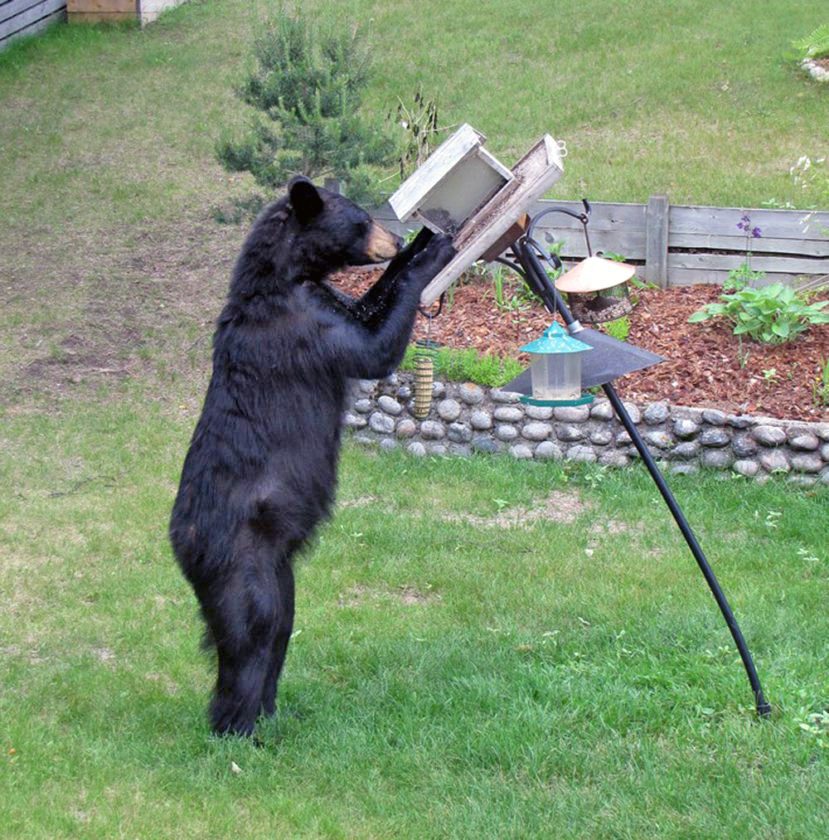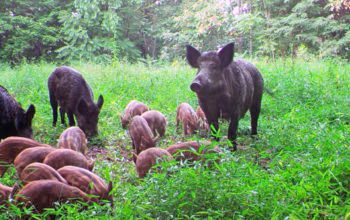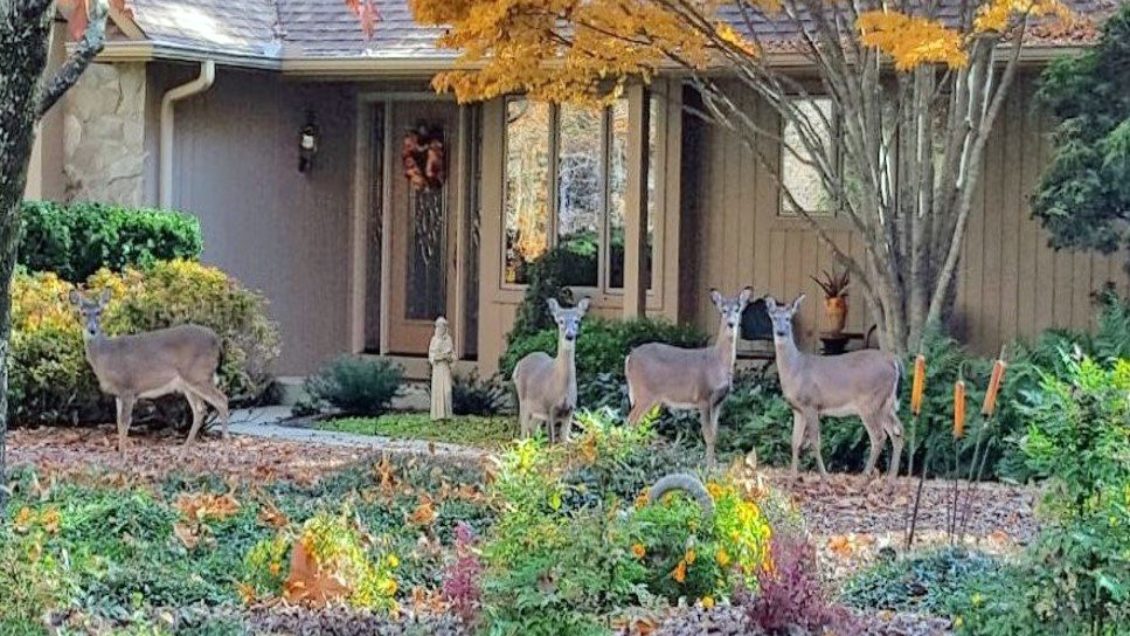Buzz about encounters with wildlife can spread quickly in communities, particularly with the advent of social media, and those tales often leave residents with as many questions as answers about how to handle the various critters.
With those questions in mind, a Clemson University undergraduate class taught by Professor of Wildlife Ecology Greg Yarrow is hosting a special webinar for the community in and around the City of Clemson titled “Dealing with Problem Wildlife.”
“We see numerous social media posts on the Nextdoor app, for example, and at least within the Clemson community there’s a lot of interest in posts related to wildlife, particularly wildlife that are causing problems,” Yarrow said. “We looked at the most common ones and classified them in terms of potential information that the students could provide. We wanted to offer the Clemson community a webinar based upon the species that popped up most prominently in the social media discussions.”

The webinar will be held at 2 p.m. on Thursday, Dec. 2. Those interested can join the webinar by Zoom at https://clemson.zoom.us/j/99528498314.
Students in teams of two from Clemson’s Wildlife Damage Management class will make 15-minute presentations — 12 minutes for presenting; 3 minutes to take questions — about the biology and management of several species: coyotes, feral cats, wild hogs, white-tailed deer, Eastern gray squirrels, black bear and skunks.
The Wildlife Damage Management course in which the students are enrolled covers the philosophical, social, ecological and economic issues concerning human-wildlife conflicts, as well as ways to minimize damage caused by individual animals or populations of problem wildlife species. The course involves interaction with federal and state agency personnel, as well as private consultants, who work directly in the field of wildlife damage management.
“This webinar is a learning opportunity for the students, and I will be moderating along with teaching assistant Jacob Shurba,” Yarrow said. “The webinar is not just limited to Clemson, but we did focus on Clemson in terms of some of the species and issues, which I’m sure are common to other communities in the state as well.”
Each presentation includes a brief description of the biology and ecology of the wildlife species, a brief overview of common conflicts, options to reduce conflicts, sources of assistance, and questions and answers. A limited time will be devoted at the end of the webinar to answer questions not associated with the presentations.

Shurba said the webinar offers the students a real-world example of a primary challenge that wildlife professionals face: showing the public the benefits of wildlife, especially wildlife considered to be overpopulated or nuisance wildlife.
“A big part of our job in the profession is working with the public, so the webinar will present the students with a really good opportunity to grow that skill. Because at this point, a lot of these students probably haven’t had much interaction with the public and especially the public dealing with nuisance wildlife,” Shurba said.
For questions, please contact the Department of Forestry and Environmental Conservation office at 864-656-3303.
Get in touch and we will connect you with the author or another expert.
Or email us at news@clemson.edu

